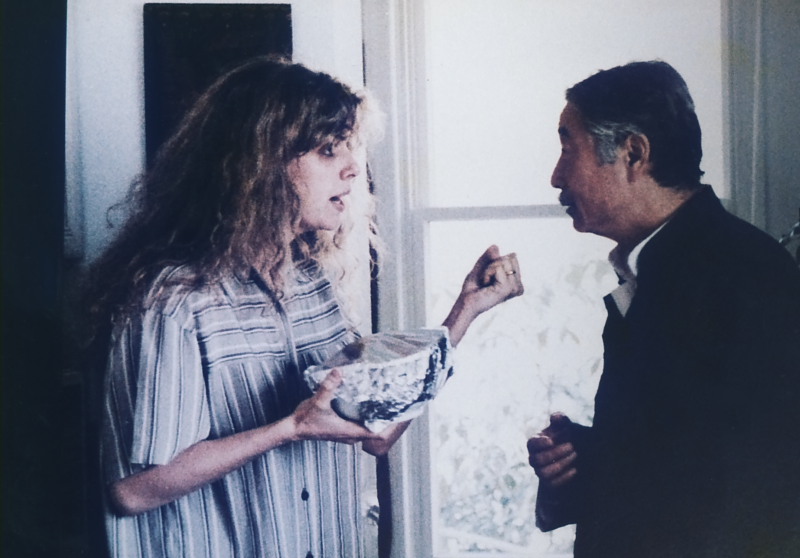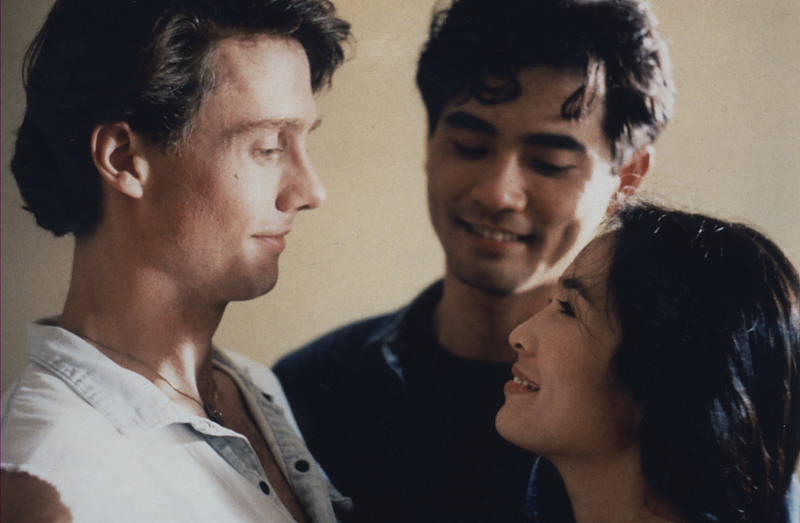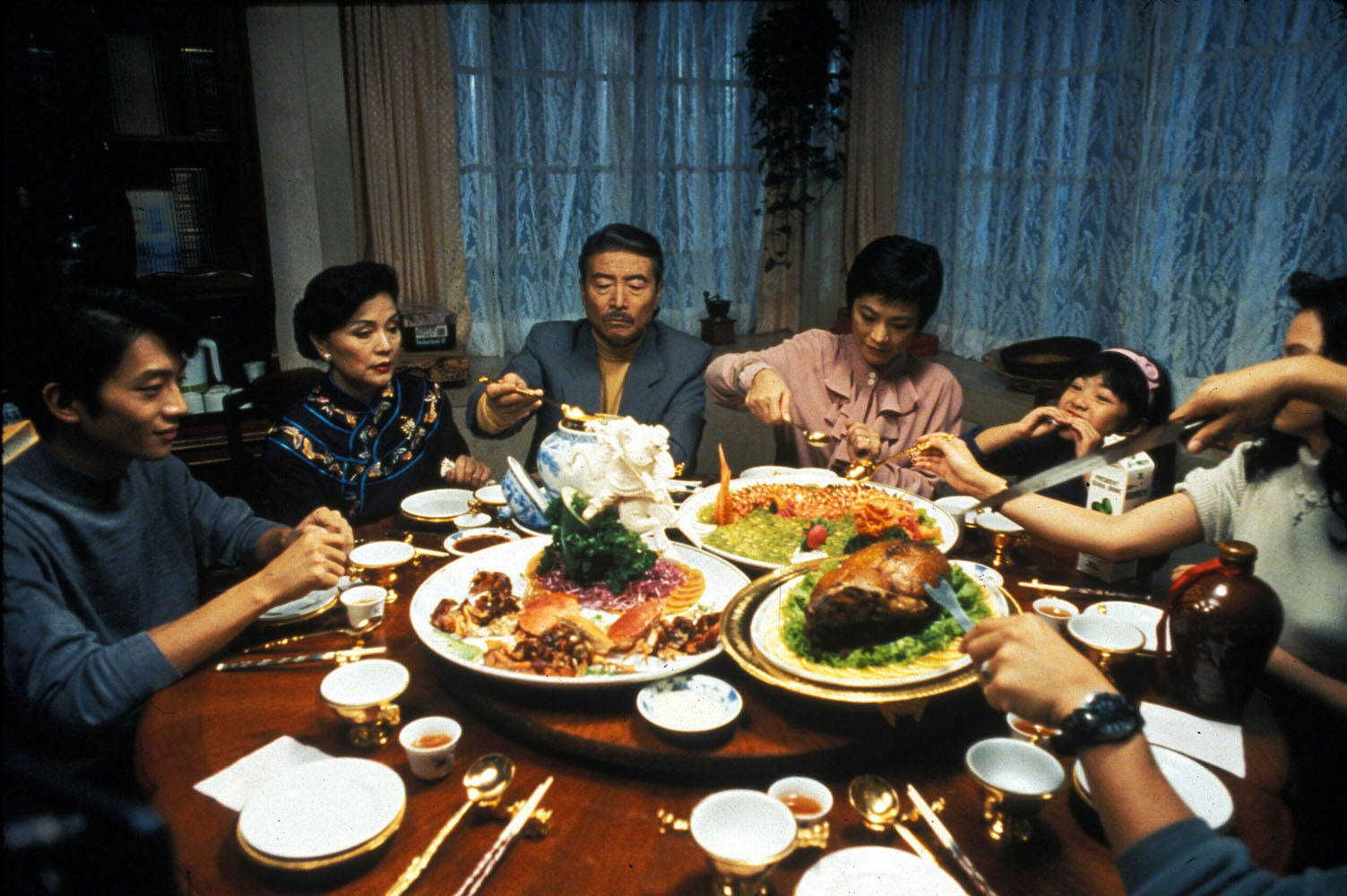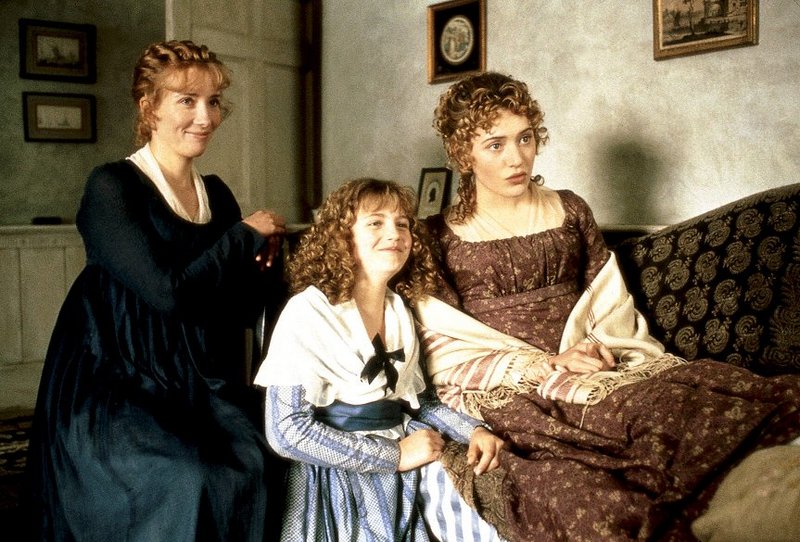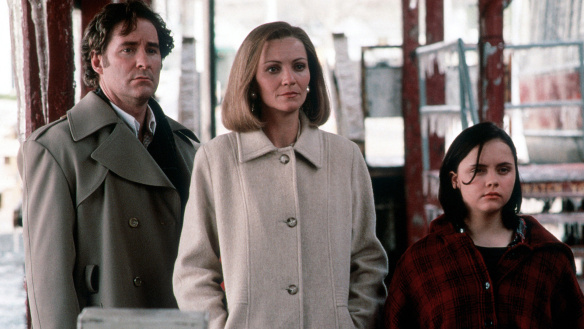In Ang Lee’s , “A Never-ending Dream”, released after he won his first Best Director Academy Award, there is one line that defines this visionary director, a confession from his wife: “‘I’ve always believed that you only need one gift. Your gift is making films. There are so many people studying computers already, they don’t need an Ang Lee to do that. If you want that golden statue, you have to commit to the dream.”
Starting off his journey by helping film crews with their equipment and working as an assistant to editors, Ang Lee was recognized immediately after winning both the first and second places in a Taiwanese competition for Pushing Hands and The Wedding Banquet respectively. This was the beginning of a career that would grow to winning two Academy Awards for Best Director, and two Golden Lions, amid universal acclaim, and incredible box office success.
Watching an Ang Lee is like meeting an interesting person – it’s the beginning of a lifelong friendship. His passion is for characters, not technique, (in his earlier films there are no significant technological breakthroughs: Crouching Tiger, Hidden Dragon was done without the use of CGI). He shows so much passion for the characters, the people, the spaces they occupy, the moments of time when their whole existence matters, that this has made his films rich in realism.
Addressing themes such as cultural differences, parental-child relationships, betrayal, alienation, identity and faith, an Ang Lee film is the perfect mix of visual and narrative triumph, bound to stand the test of time.
1. Pushing Hands (1992)
Master Chu (Sihung Lung), an elderly Chinese t’ai chi ch’uan teacher, goes to the suburbs of New York to live with his son Alex (Bo Z. Wang), Caucasian daughter-in-law Martha (Deb Snyder) and grandson. Martha begins to find her father-in-law’s presence in the house annoying. As she struggles to write her second book, she is irritated by Master Chu practising his art. While teaching at a community center, Chu meets Mrs Chen (Wang Lai), who is giving cooking lessons in the same room where Chu is giving t’ai chi ch’uan lessons. Chu’s son, Alex, is forced to seek for a way to deal with the conflict between his father and wife.
The first film of Ang Lee’s “The Father Knows Best” trilogy, Pushing Hands, a term from the martial art form t’ai chi ch’uan, refers to yielding to a force using balance of the hands. Ang Lee takes us back to the days of Ozu with his own story of parent-children relationships. His “Father Knows Best” trilogy seems like a deserving tribute to the legacy of Ozu but Pushing Hands is an experience wonderfully unique thanks to how Ang Lee has mixed moments of comic relief and emotional resonance in addressing the differences of cultures, traditions and age.
There’s hardly a dull moment in this film although there are no dialogues even after 10 minutes. Pushing Hands is undoubtedly the best introduction to Ang Lee’s world of films, inhabited by stories and characters rich, vivid and unforgettably human.
2. The Wedding Banquet (1993)
Wai-tung (Winston Chao) and Simon (Mitchell Lichtenstein) are in love and happy despite the efforts of Wai-tung’s parents (unaware of his sexuality)to find their son a wife. To stop his nagging parents Simon asks Wai-tung to legally marry one of his tenants, Wei Wei (May Chin), a struggling artist seeking a green card. Everything seems to go as planned until Wai-tung’s parents come to visit him and throw a wedding banquet, and Wei Wei falls pregnant. Wai-tung and Simon are faced with the biggest test of their lives.
LGBT-themed movies are more likely to be tearjerkers with a tragic ending, but Ang Lee’s Golden Bear-winning and Academy Award-nominated film, the second of his “Father Knows Best” trilogy is a refreshing exception. Ang Lee’s genius is such that even the deepest emotions feel feather-light but once they touch your heart, they send waves of realism of a struggle so universal – the struggle for acceptance. Life in a time and a place where cultures collide, traditions change, the whole perception of what’s right and what’s wrong, what’s acceptable and what’s not are just blurred lines is the bedrock of this absolutely moving film with a surprising yet charming twist.
3. Eat Drink Man Woman (1994)
A master Chinese chef – Mr. Chu (Sihung Lung), widowed with three daughters, Jia-Jen (Kuei-Mei Yang), the eldest, a teacher who’s finding hard to recover from a broken heart; Jia-Chien (Chien-lien Wu), the second daughter, an airline executive, independent and strong; and Jia-Ning (Yu-Wen Wang), the youngest, a college student who falls in love with her friend’s boyfriend. Every Sunday the father and the three daughter s feast on glorious dishes and discuss their matters with their father.
This is probably as bittersweet as a film that reflects life itself can ever be. Eat Drink Man Woman marks the closure for Ang Lee’s “Father Knows Best” trilogy. This incredible film is a must watch for every Ang Lee fan and also those who are not familiar with Ang Lee films. The family is slowly tearing apart, gashed by the sharp edge of modernity, and the father’s attempt to keep it together while they are all being haunted by their demons makes it a rather dreadful watch but Ang Lee has made the journey feel just like sitting at the table and savoring every dish at a banquet.
The food is an allegory for our lives. The bitterness and the sweetness of it. Eat Drink Man Woman is evidence of Ang Lee’s gift for capturing the melancholy nature of our lives with honesty and simplicity. The film prepares us for the pain and bereavement associated with both accepting and compromising, closing the past behind us. That’s Ang Lee’s forte, capturing the human nature just as it is, on film.
4. Sense and Sensibility (1995)
Elinor (Emma Thompson) and Marianne (Kate Winslet) Dashwood, two sisters with two contrasting views on life are thrown to become each other’s safe haven after the Dashwood patriarch’s death that leaves his second wife and three daughters, Elinor, Marianne and Margaret without money. Sense and Sensibility, the big screen adaptation of Jane Austen’s 1811 classic, follows the two sisters through their lives.
The film redefined Ang Lee’s career, made moviegoers fall in love with Jane Austen again, and with Ang Lee too. Emma Thompson’s Academy Award-winning screenplay, unforgettable performances by Thompson and Kate Winslet (who made a debut just a year before this film with Peter Jackson’s Heavenly Creatures), the sensational production design and cinematography and Ang Lee’s flawless direction make Sense and Sensibility one of the most beloved films of all time.
The tears, the laughter, the romance and the humor – each time you watch this film. As Elinor and Marianne face betrayal, loss, love and friendship, Ang Lee keeps us as close to these characters, as if he has permanently painted them on the lens of his camera. They are etched in our memories, for all the good reasons.
5. The Ice Storm (1997)
Set in the 1970s in Connecticut, The Ice Storm follows two families, the Hoods Benjamin Hood (Kevin Kline ) drinking and fed up with his work his wife, Elena (Joan Allen), trying to put up with her husband’s lies by reading books and shoplifting, Paul (Tobey Maguire), their son, after coming home the holidays, travels to Manhattan to meet a girl, . And Wendy (Christina Ricci), engages in many sexual adventures, one after another. The Carvers family consists of Jim Carver (Jamey Sheridan), Janey Carver (Sigourney Weaver) and their two children Mikey and Sandy. Ben is cheating on his wife with the neighbor Janey, and Mikey is Wendy’s partner in (sex)-crimes. One Ice Storm is about to change their lives – for better or for worse.
The Ice Storm, upon release, was considered Ang Lee’s best film. With a cast led by Kevin Kline and Sigourney Weaver giving exceptional performances, The Ice Storm proved that Ang Lee could be dark and disturbing. “Your family is the void you emerge from, and the place you return to when you die. And that’s the paradox: The closer you’re drawn back in, the deeper into the void you go.”
Ang Lee carefully examines the consequences of the perishing of family values, the commitment, the attention and the honesty and how it affects our own survival as we chase the insatiable desires of our body and soul as the sexual revolution takes over each one of them. Despite their shortcomings, you feel connected to these characters, you begin to root for them, despite the parents being unapologetically irresponsible and the children being their wickedly disturbing equals. Ang Lee’s The Ice Storm is truly an exceptional film, one that balances, without being sentimental, the depressing nature of human’s desires and how easily we become hunted by the pleasures that once helped us escape from the reality of our lives.
